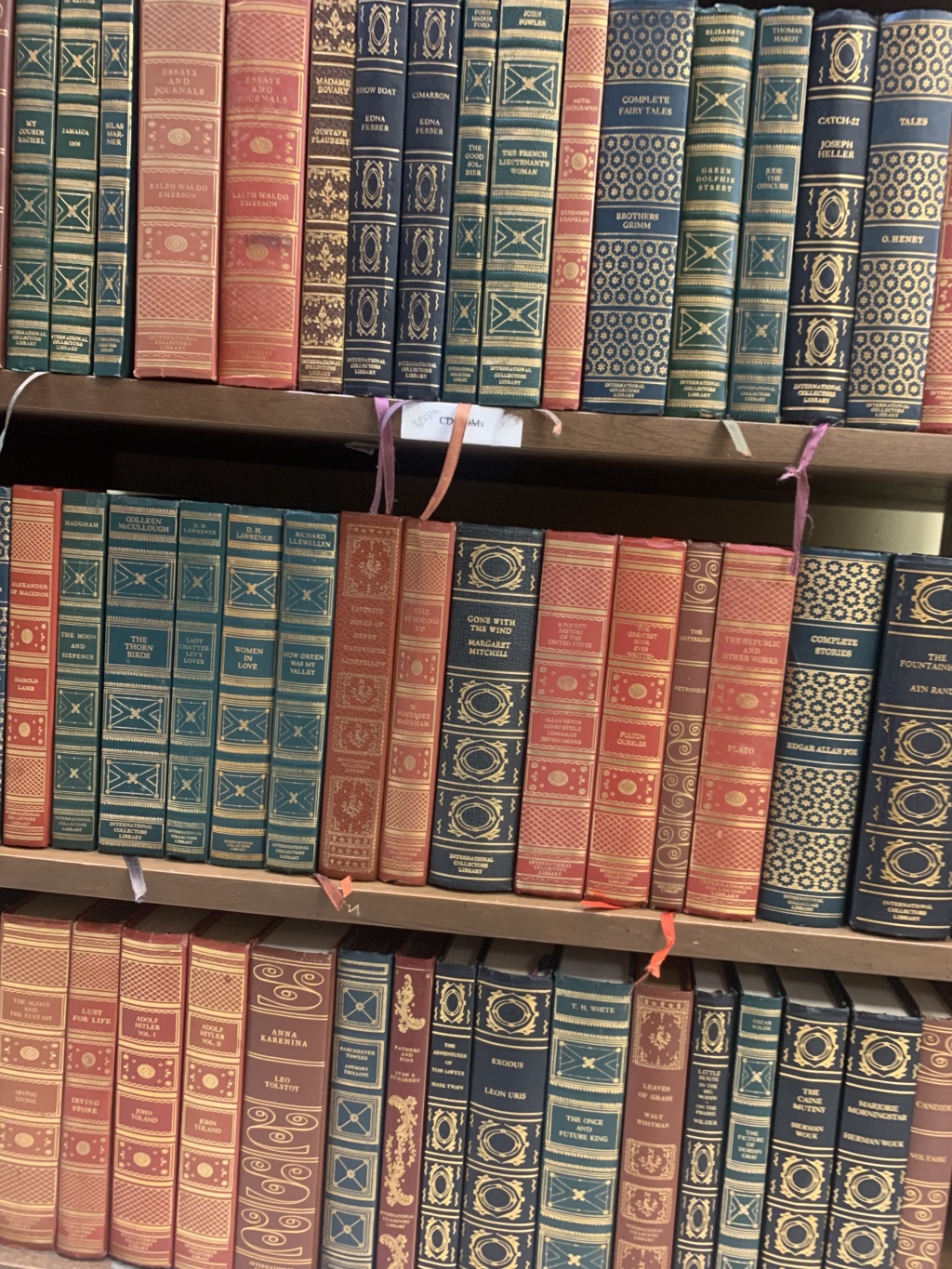Anyone who has spent enough time online can tell you about the blue curtains phenomenon. For those who have not, allow me to familiarize you: language arts teachers have a tendency to take everything a step deeper. If the main character sneezes, there must be a hidden motivation behind it. When they brush their hair, there is an ulterior motive. And when the curtains are blue, surely it is to symbolize some form of sadness.
This may be true occasionally. Due to the nature of writing, it is inevitable that unintentional symbolism will make its way into a story.
“It probably depends on the book, but I think no,” said literature teacher Ken Rider. “Some stuff can be skimmed through.”
Yet it is not always the case that an author does not mean to add more to their story.
The popularized view that “the curtains are just blue” is harmful to the already rapidly declining media literacy in today’s society. By believing that things should only be taken at face value, people lose out on so much of a story’s meaning.
Making these bleak assumptions is not only a disservice to oneself, but it is also disrespectful to any minds that contributed to the piece of media. Days or weeks of thought are tossed aside by a generation who refuses to believe that there is more to the story.
It is an indisputable fact that we live in a culture that has fostered this lack of thought. As platforms like TikTok, YouTube Shorts and Instagram Reels grow in popularity, humanity’s collective attention span is declining.
“High schoolers all have a really long attention span for certain things,” said junior Shivani Anand. “But when it comes to the things that we used to have them for, that’s not the case anymore. Things that are more ingrained into our lives right now, like scrolling on our phones, everyone says that takes away from our attention span. No — your attention span is being put towards scrolling on your phone instead of doing something else that other people who lived in a time where that wasn’t the case, things that they find productive.”
Getting sucked into the habit of doomscrolling is far too easy. As you swipe through video after video, you are mindlessly entertained. It is quick, it is easy and it is fun. This carelessness with which people treat social media is now being projected onto books.
“Kids can’t sit and pay attention anymore,” sad Rider. “We are conditioning ourselves with these TikToks, short little videos or sound bites. We are not focusing or able to concentrate.”
You are supposed to read because you are looking to get all that you can out of a story. You are supposed to read because you want to know more. If you are not doing that, then what is the point? Putting the bare minimum of thought into a book should not be a draining thing. That some people find it to be so is concerning.
This lack of thought has popularised TikTok books. Authors who originated on Wattpad are churning out pieces of writing that can hardly be called literature.
“I think the popularity of writing that is not sophisticated just appeases the masses,” said English teacher Laura Massey. “The fact that the popularity so quickly increases and those authors are so celebrated… readers are tempted to be reading things of lower quality. And those seem to be the authors and the titles that you hear about most often. I think people are just hearing about and reading more pieces of inferior quality.”
These offenses to the concept of intelligent thought have been bolstered into a height of popularity that they simply do not deserve. They are, in short, books for middle schoolers with the addition of smut. These books are hailed as ‘page turners’ simply because they do not require any thought. But the rank of ‘page turner’ should be earned as a result of a plot that drives you to want to know more, not because the language and storyline are so juvenile that they are easy to read.
Of course, it is necessary to have some books that are silly. It is a good thing to not be constantly surrounded by novels steeped in politics.
“Certain individuals that would not necessarily be reading are reading because of the popularity, or they’ve heard about it or the subject matter,” said Massey. “I think that there’s pros and cons to it. I do love the fact that, even if I wouldn’t read a particular author because of the quality of writing or the subject matter, more people have access to books and are reading.”
It is true that good things have come from the increase in popularity of simple-minded books. On the other hand, it is important to understand that not all books are stupid, nor should they be. If a book is measured by the mark that it makes on the world, the impact that it has upon the souls that it touches, then what does that say of the writing being mass-produced now? Books that are the equivalent of a 30 second video carry no real weight. They are fleeting. And if this is the case, have they not failed in their duty as a book? Do they have a valid reason for existing? Reading is not something that should be gatekept, but certainly it should not have been allowed to reach this level of casualty.
Reading has been trivialized in a way that it should not be. There is a reason why dictators burning books is such a statement. Anyone who has ever burnt a book has said that people should not be given the right to share their thoughts or read about the ideas of others. Books have always been a way to communicate without ever having to speak. By reading a book, an army can be created of people who are ready to fight for a common cause. Writing is how we as a human race have had power. No matter the continent or country, writing has been a force to be reckoned with. It is both a personal experience and something that can unify millions.
Reading without literary comprehension can provide a different perspective on the world. But is that perspective really better, and should it be aggrandized to the extent that it has been?






Leave a comment